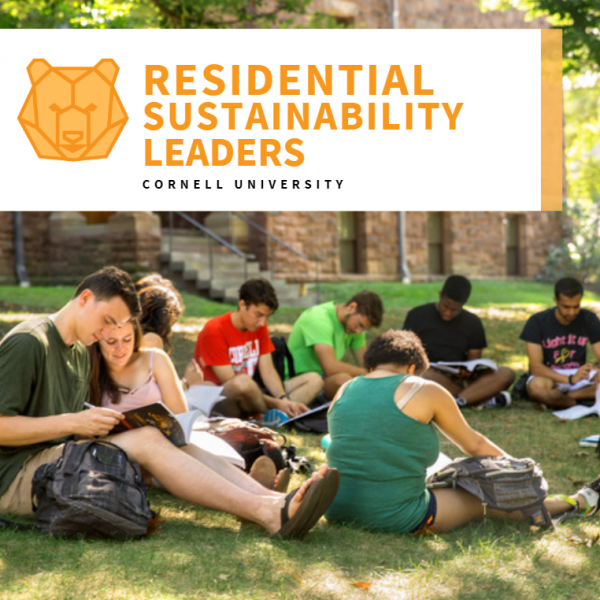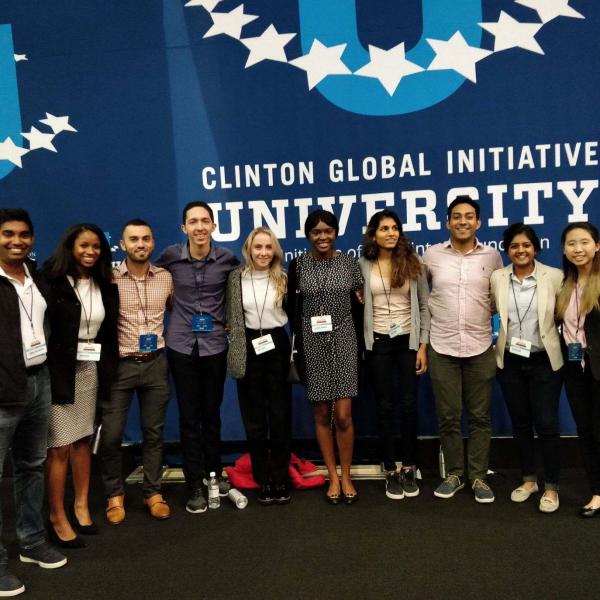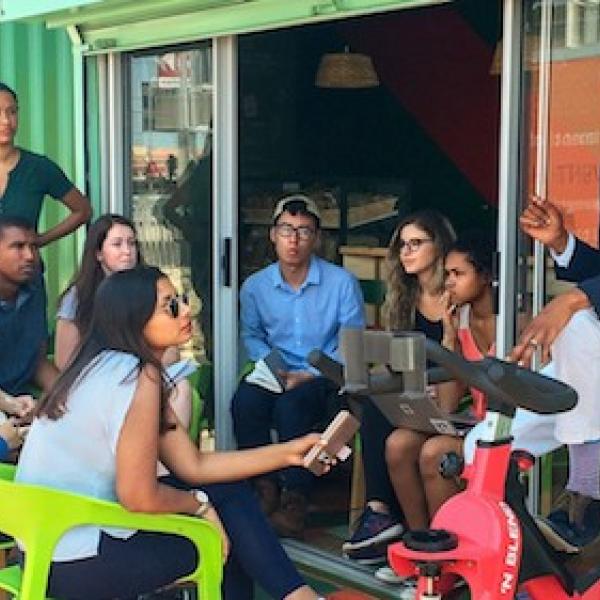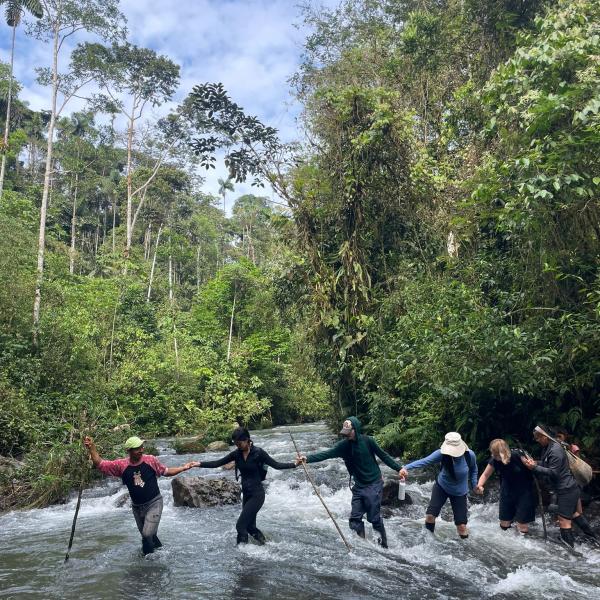Overview
On hiatus until Spring 2027
Save the Date: International Fair, Wednesday, August 27, 11am-1:30pm ET, Uris Hall Terrace
A “thin country” with a “crazy geography.” The England of South America. A South American exception. The Republic of Poetry. Birthplace of neoliberal shock therapy. The descriptions for and of Chile abound. This Spring 2025 program simultaneously reveals from whence such descriptions arose as well as both the truths and the falsehoods they may contain. This course examines the history of Chile from roughly 1800 to the present, always with an appreciation for its place in a broader world and always also with an attention to its regional and national specificities.
Immigration over the course of the 19th century transformed Chile as it moved from a colonial backwater to a center of agricultural and industrial production. At the same time, Chileans traversed a broader world—they were some of the first to arrive in the small port of San Francisco as news of the gold discoveries circulated, bringing with them knowledge, biota, and ideas. The first woman to win the Nobel Prize for poetry was a Chilean: Gabriela Mistral. Her compatriot Pablo Neruda would also win the same prize decades later although he would die shortly after receiving the award and in the midst of violent coup d’etat that saw the overthrow of the western hemisphere’s first democratically-elected Marxist president. In the wake of the coup, Chile would become a laboratory for Milton Friedman and his Chicago Boy economists to experiment with what would soon become labeled ‘neoliberalism.’ Tens of thousands of Chileans went into exile, to Venezuela, Sweden, the Netherlands, Spain, … and Ithaca, New York.
During spring break, students will travel to Santiago with one day-long excursion to the nearby port city and UNESCO World Heritage site Valparaíso. Highlights include the Museum of Memory and Human Rights, the Museum of Pre-Columbian Art, the museum and home of poet Pablo Neruda, as well as guest lectures from scholars at major Santiago universities, a walking tour of resistance/street art produced during the 2019/2020 social uprising, opportunities for a hike in the foothills of the Andes or to the top of the Cerro San Cristóbal, a roundtable discussion with members of current social movements, and a meeting and dinner with the director of the CASA (Consortium for Advanced Studies Abroad) program and students currently studying abroad in Chile.
Travel Dates:
March 29 - April 6, 2025
This program is embedded as part of the spring course titled A Global South: Chile, the Pacific and the World. Students will receive one grade for the full course in spring semester. This application is to join in the optional travel portion of the course, wherein you must travel in addition to the course as part of this program:
- HIST 2715/LATA 2715/SPAN 2715: A Global South: Chile, the Pacific and the World
(Spring 2025 (4 credits), Travel: Spring Break 2025 (1 credit))
Faculty
Raymond Craib, Marie Underhill Noll Professor of History, Department of History, College of Arts and Sciences
*Some program information questions in 'Application Preview' below may not be applicable to this program.






